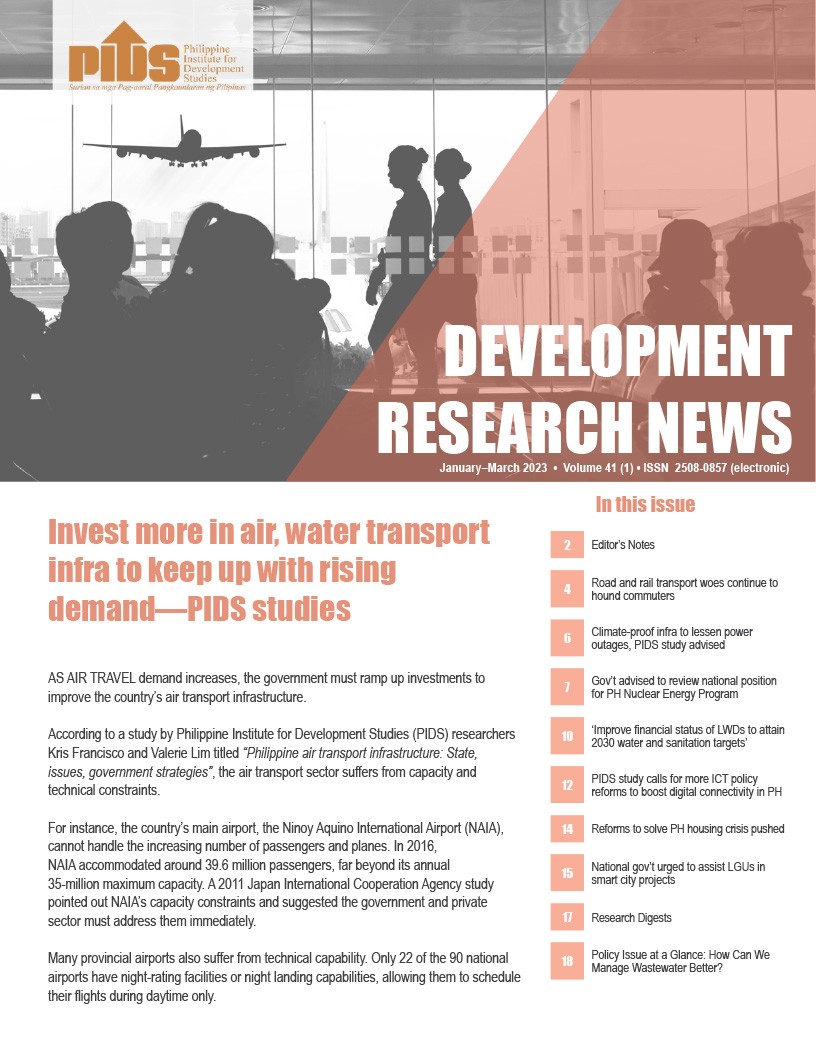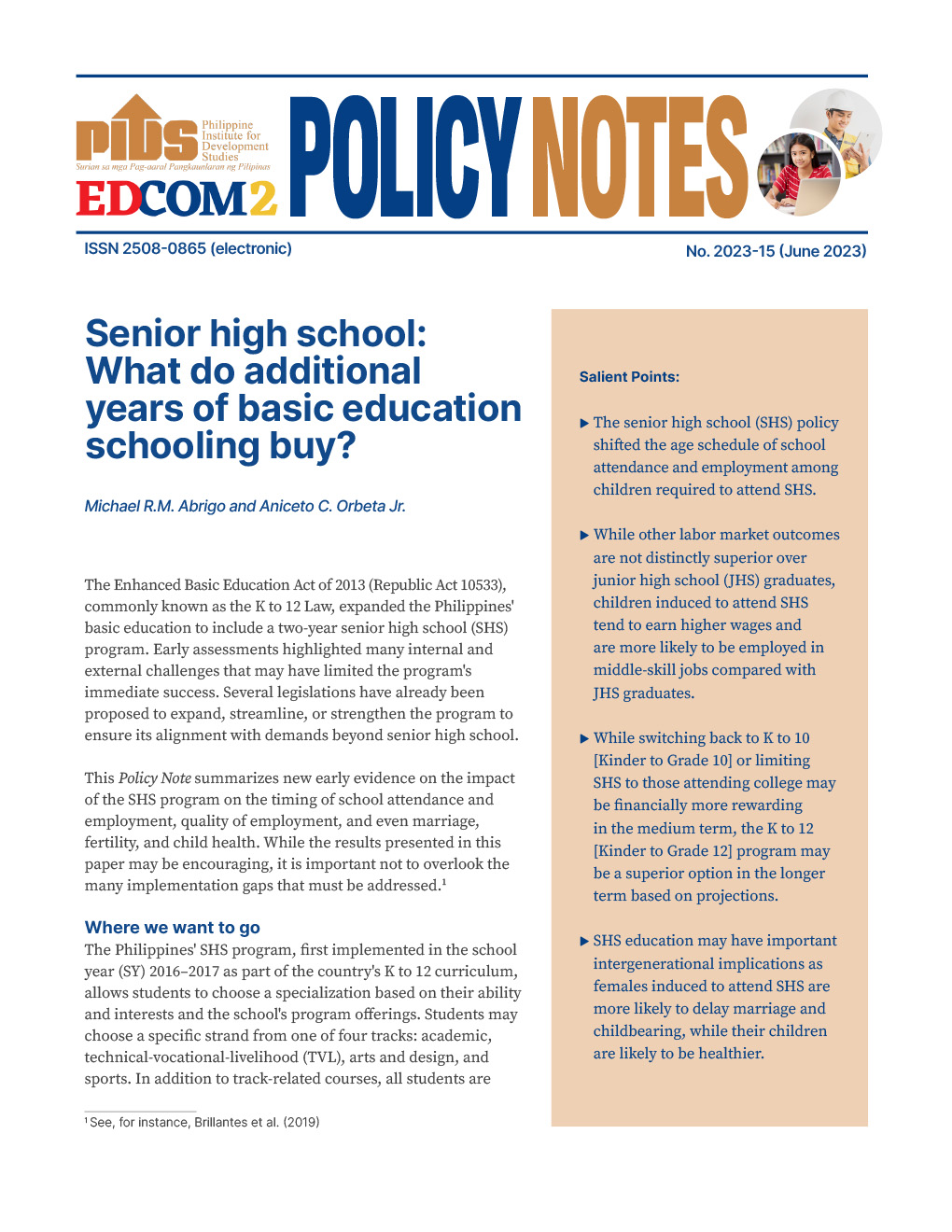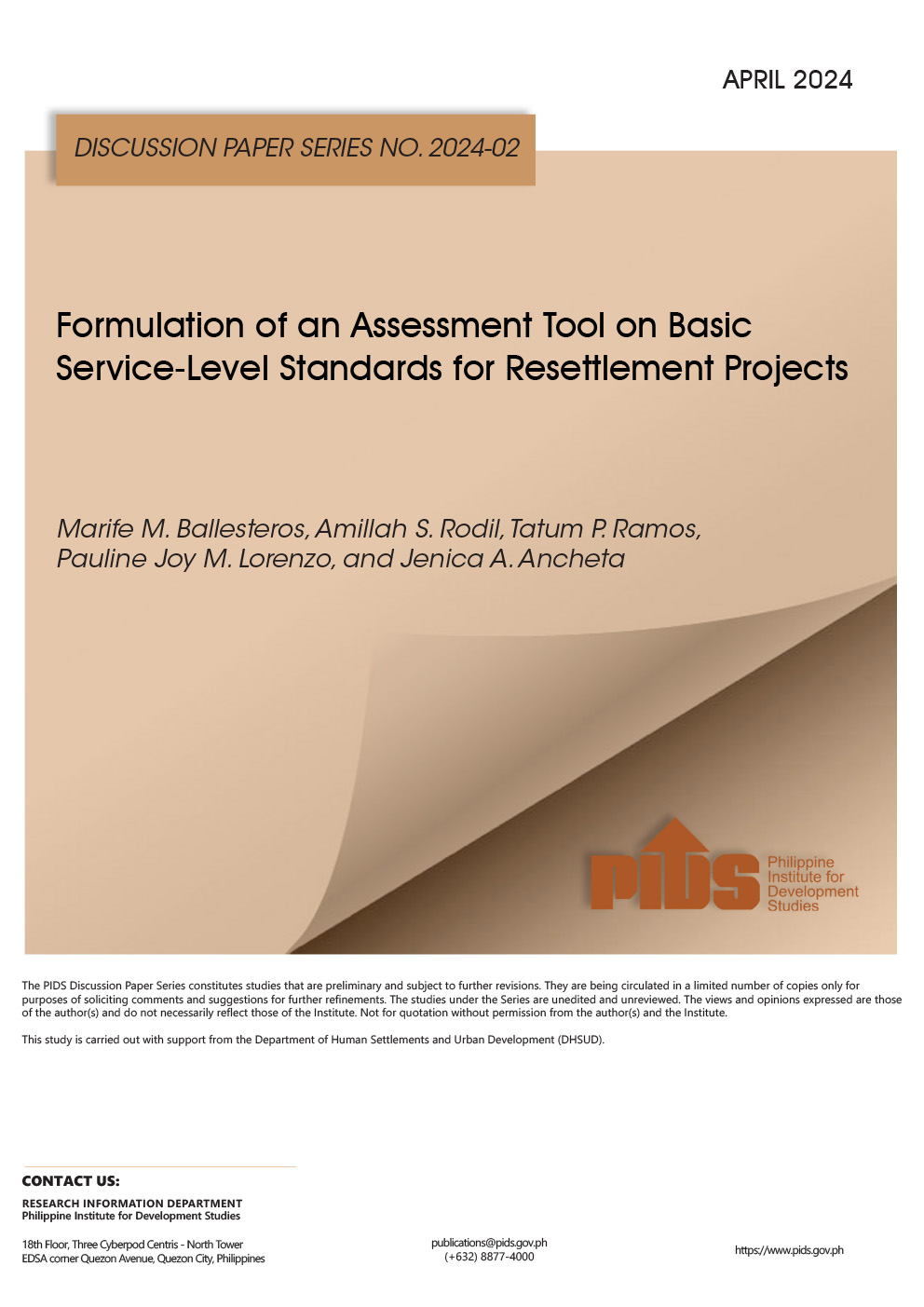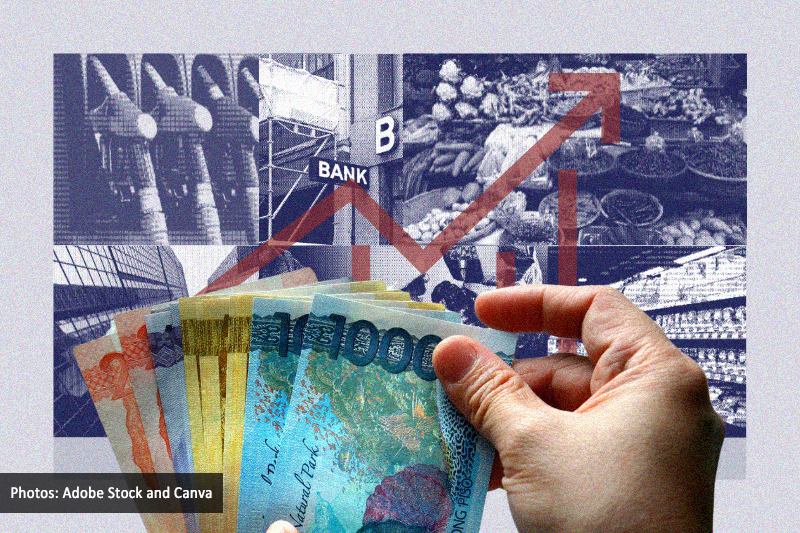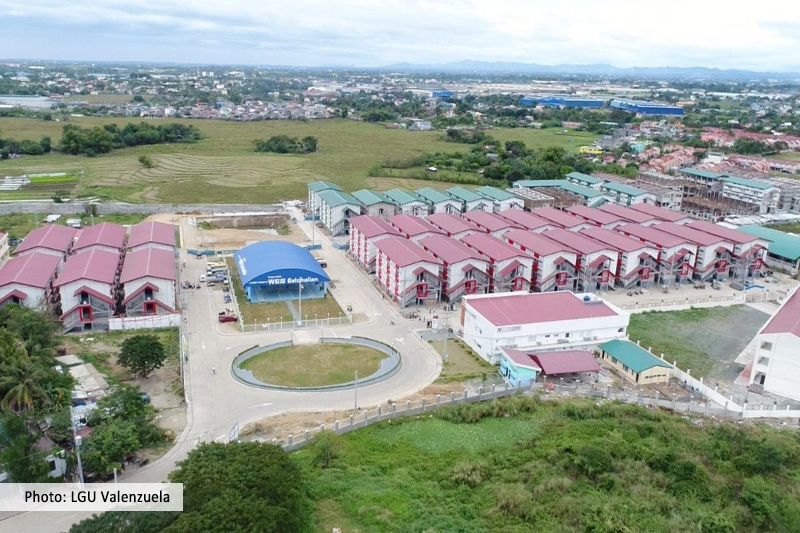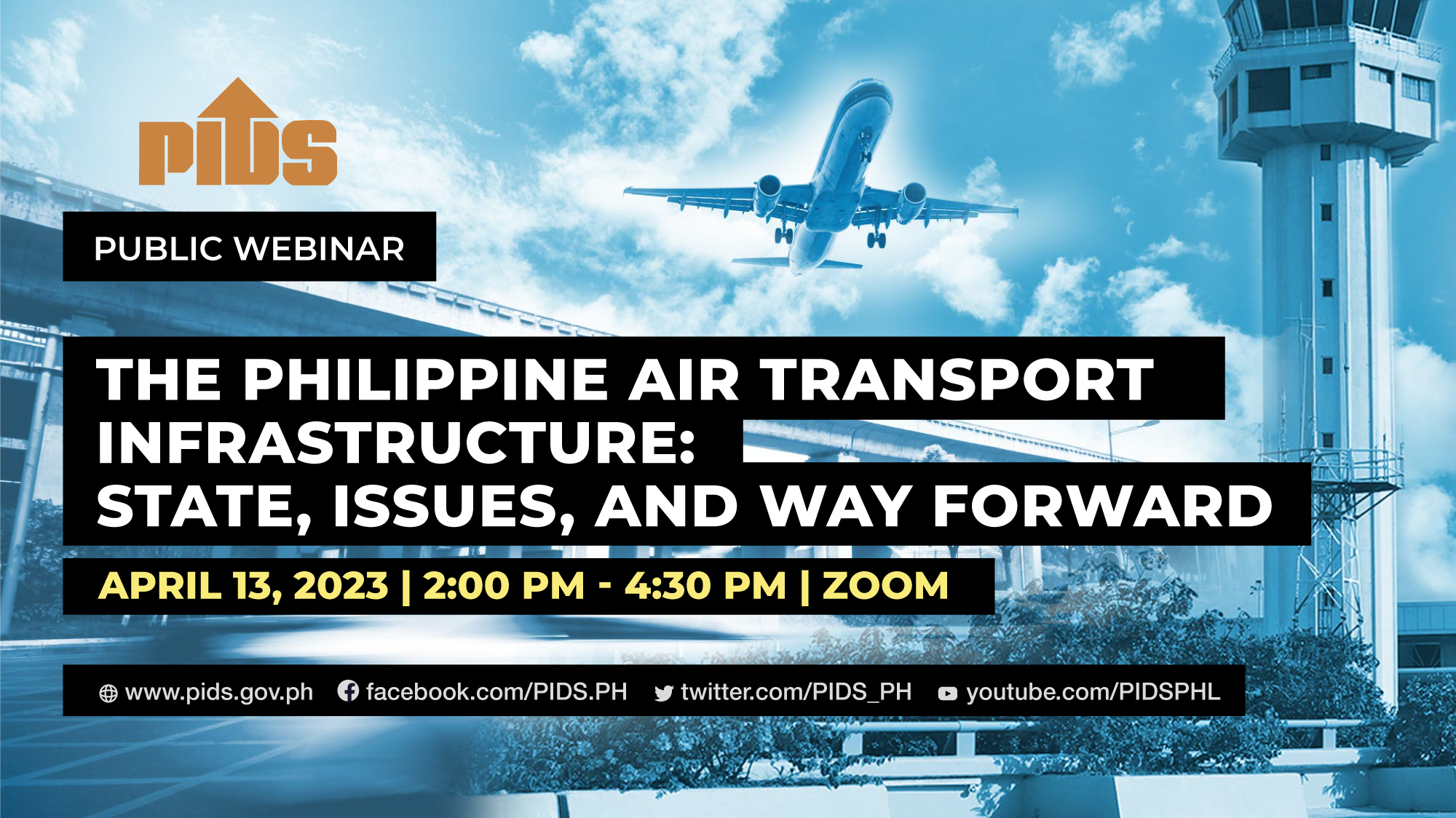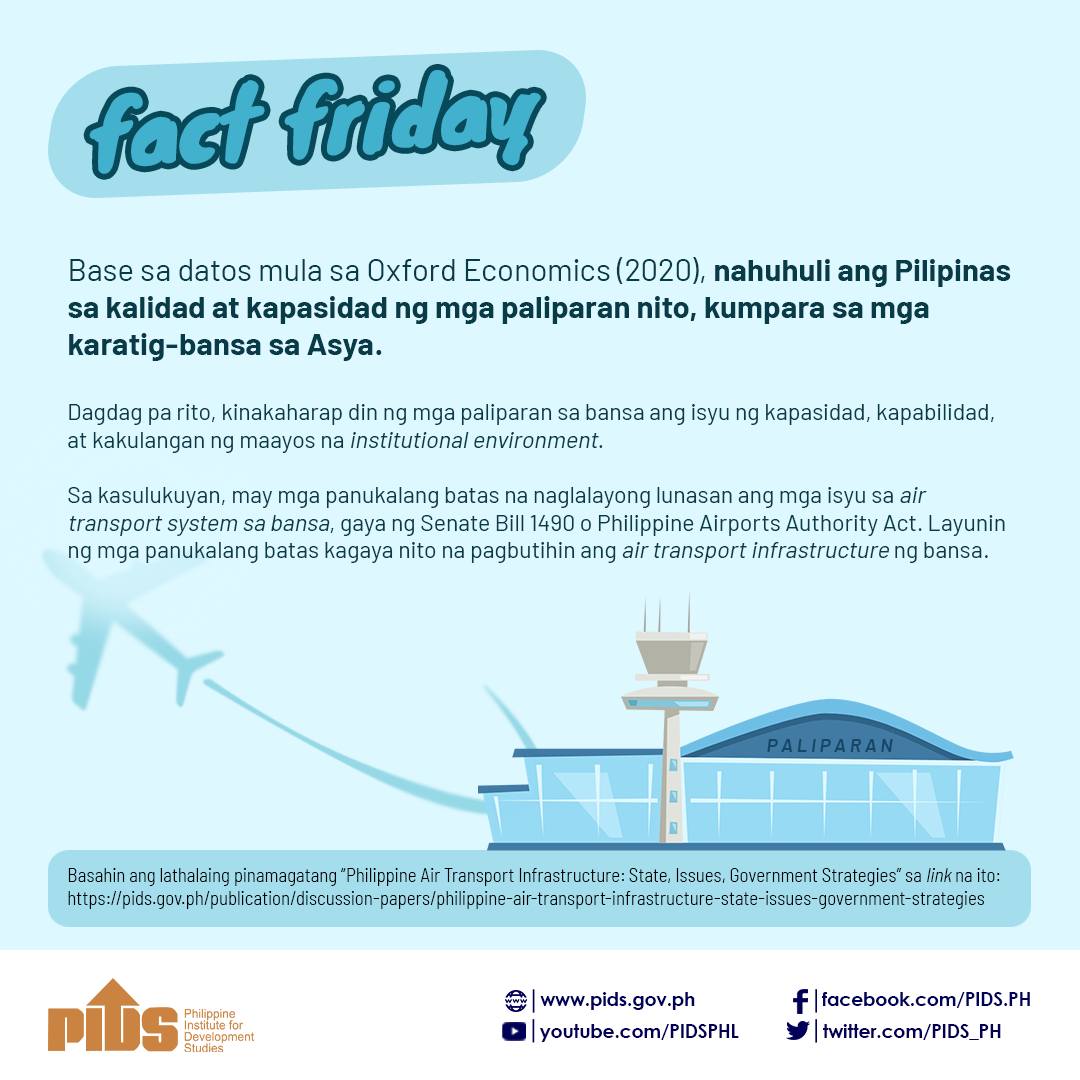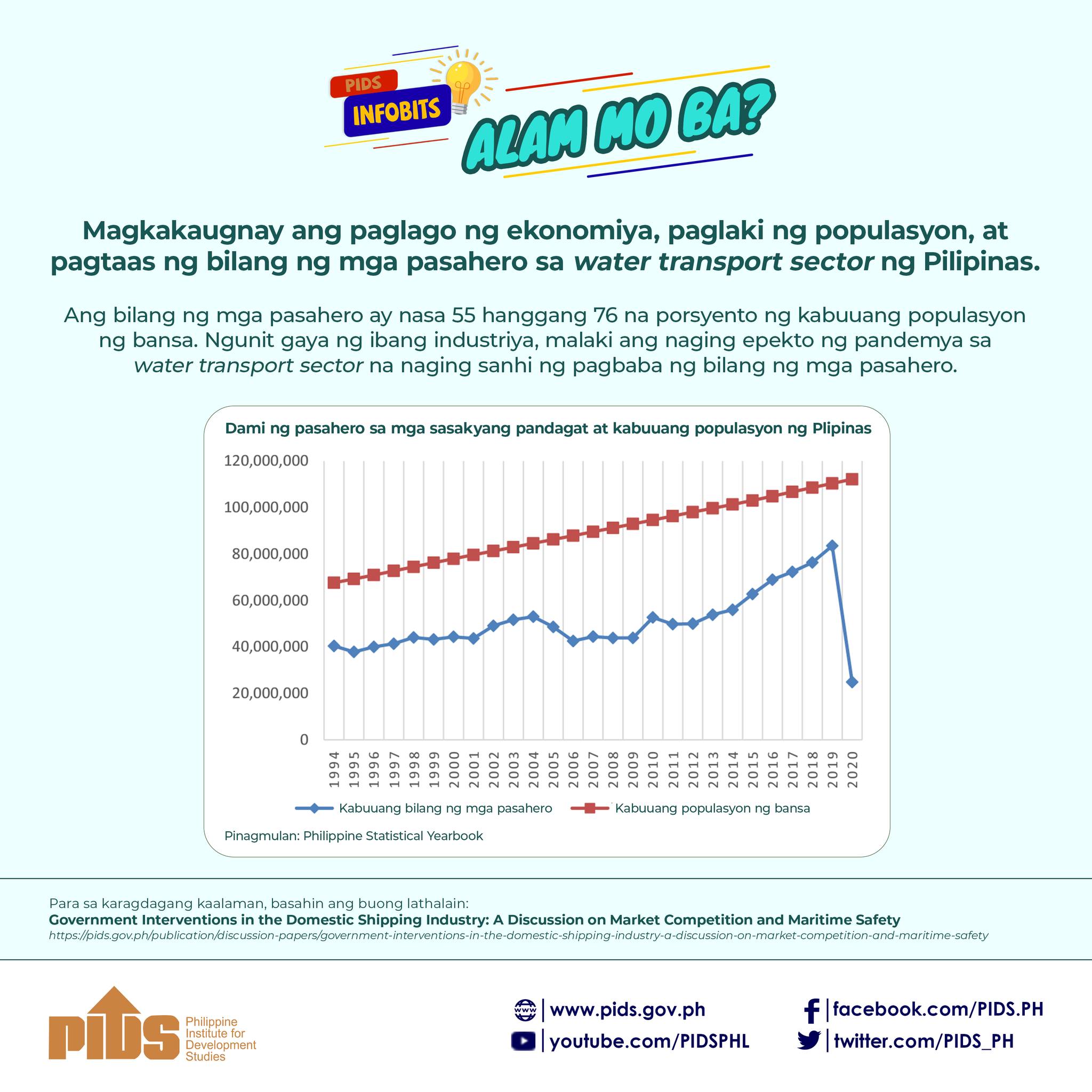The modernization of customs administration is expected to create new opportunities for custom brokers who are adept and flexible enough to adjust to changing market conditions, according to the Philippine Institute for Development Studies (PIDS).
A new PIDS study noted that efficiency gains from a modernized customs administration will result in a more efficient trade facilitation that can create a higher volume of trade.
This will then lead to a new demand for a type of expertise in customs rules and regulations that brokers should possess, the study said.
"With the economic integration in the Association of Southeast Asian Nations (ASEAN), the Philippines must successfully implement seamless, efficient, and transparent trading procedures to maximize the potential benefits from such integration,” the study noted.
As a signatory to the Revised Kyoto Convention or the International Convention on the Simplification and Harmonization of Customs Procedures, the Philippines, through the Bureau of Customs (BOC), is required to institute customs procedures that comply with best practices and standards in the global markets.
PIDS president Gilberto Llanto, one of the authors of the study, pointed out that a significantly growing volume of trade transactions calls for a more transparent and efficient customs administration.
Computerization is replacing the traditional and direct interaction of brokers with BOC staff, making services of customs brokers less relevant.
Llanto noted that it will be more efficient and consistent with trade facilitation to allow traders to use various and modern options for releasing or shipping their goods.
However, attempts of policymakers to modernize and introduce efficiencies in customs administration are facing strong opposition from custom brokers who contend that these measures could significantly diminish, if not permanently eliminate, their role in the customs administration process.
Under the present setup, cargoes undergo mandatory assessments by licensed custom brokers. Moreover, only customs brokers can sign the import and export entry declarations.
However, in Section 108 in the proposed Customs and Tariff Modernization Act, anyone – including importers and exporters – can now declare their goods or can designate a person to declare the cargo on their behalf.
Brokers interviewed for the study argue that this will not only endanger their jobs but will also jeopardize the processes, integrity of transactions, and the revenue collections targets of the BOC.
However, while customs brokers see themselves as an essential part of trade facilitation, the direct users do not see any value added from the customs brokers’ services.
For some import-export firms, mandatory use of customs brokers can be minimized or totally removed without affecting the flow of trade since the bulk of trade facilitation services are actually performed by freight forwarders that are in charge of efficiently transporting goods.
"Since the customs broker’s role is merely to formalize the transaction by affixing his or her signature on the documents as required by the Customs Brokers Act of 2004, customs brokerage can be integrated into the services of the freight forwarders,” the study said.
The study pointed out that minimizing the role of customs brokers can be beneficial to both exporters and importers because this could result in minimizing costs arising from brokerage fees.
"The proposed Customs and Tariff Modernization is expected to introduce greater efficiencies in customs and trade. However, proponents of customs modernization must also recognize that it is necessary to ensure that the proposed bill is not inconsistent with existing laws such as the Customs Broker Act of 2004.”
The study recommended for BOC and oversight agencies to recognize that the primary indicator used to gauge the BOC’s performance is its revenue collection effort and not the revenue collection targets per se.
"They also need to consider that the role of the BOC is evolving under a globalized and liberalized trading environment especially in view of the ASEAN Economic Community where tariff walls will become a thing of the past. A more relevant indicator of performance will thus be the timely and efficient facilitation of the volume of trade,” the study added.//

